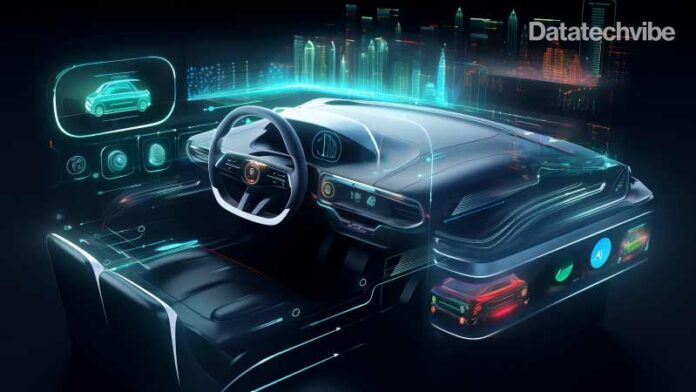Seventy-two per cent of drivers would buy a car with less tech to protect their privacy, Kaspersky revealed.
Kaspersky has released a new survey report showing that 72% of drivers are uncomfortable with the idea of automakers sharing their data with third parties. The report, “Is my car spying on me?” captures drivers’ thoughts about automakers’ use of personal data gleaned from connected cars. Eighty-seven per cent of survey participants said automakers should be required to delete their data upon request, and only 28% said they have some idea what kind of data their car collects.
Kurt Baumgartner, principal security researcher at Kaspersky’s Global Research and Analysis Team, said, “It’s easy to take for granted how much your car knows about you. A connected vehicle knows where you go, how fast you get there and what you listen to on the way – even potentially what your kids are doing in the backseat. And the data collection policies of many automakers go far beyond that, allowing them to track and share things like users’ marital status and other surprisingly personal information that gets connected through their phones.”
“The bounds of property rights and ownership are clearly being bent, and people appear to be getting denied the level of control over their personal data that they expect. Our data is highly valuable, as is our privacy. As drivers, we need to advocate for privacy safeguards and common sense ownership agreements where we can enjoy the convenience of tech-enabled cars without having to give it all up,” Kurt added.
Seventy-two per cent of respondents said they are uncomfortable with the idea of an automaker sharing their data with third parties, with 37% saying they are “very uncomfortable.” Eighty-seven per cent said that auto manufacturers should be required to delete their data upon request. Strikingly, 71% of drivers even said they would consider buying an older car or one with less technology, in order to protect their privacy and security.









